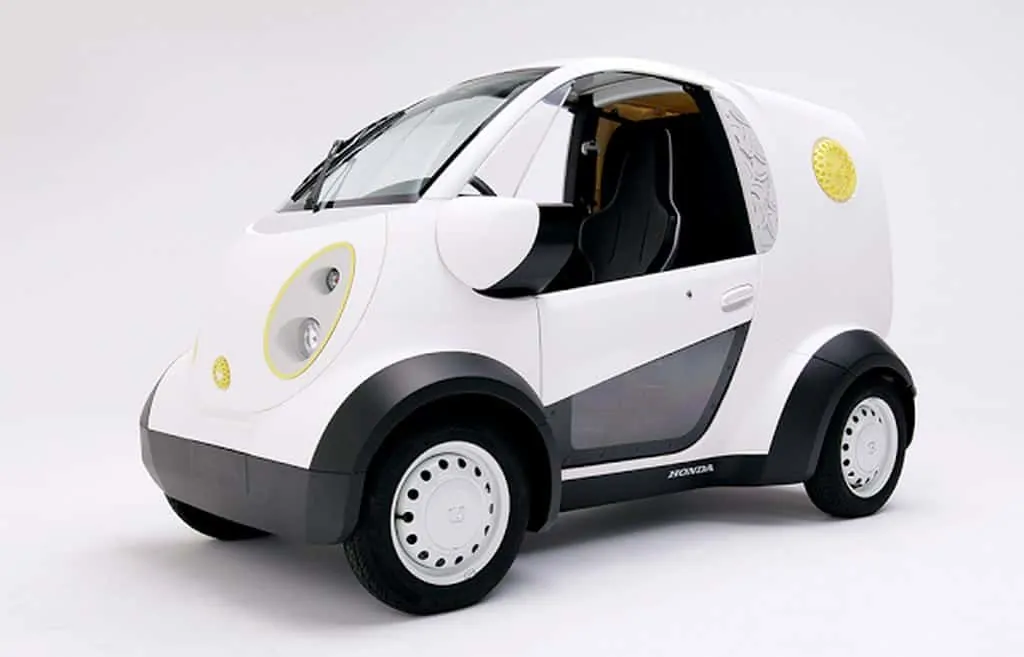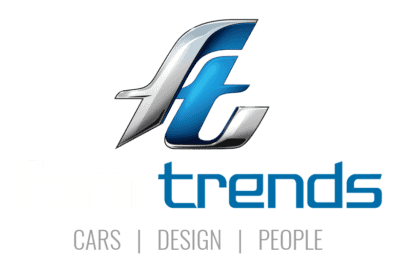Honda has collaborated with Kabuku – a product design and development company focused on 3D CAD/CG software, product development and advanced technology research – to create a 3D-printed delivery vehicle. The project was shown at the 2016 Createc Japan event on the outskirts of Tokyo.
Built upon Honda’s Variable Design platform and powered by an electric drivetrain, the delivery vehicle features inexpensive 3D-printed body panels that can be easily replaced. The vehicle was developed by Kabuku’s Rinkak division, which creates customized 3D-printed products to meet a variety of user needs.
The diminutive delivery vehicle was designed for Japanese confectionery company Toshimaya, which is based in Kamakura, a densely populated urban area with narrow streets. Toshimaya required an ultra-compact vehicle that could carry multiple boxes of seasonally specific confectionaries and double as an advertising solution for the company’s products.
Using Honda’s modular architecture and Kabuku’s on-demand digital design, engineering and manufacturing techniques, Rinkak was able to use a mold-less development process to create a mass customized delivery vehicle that fit the brief. It was just designed, built and delivered in just two months.
The narrow, upright delivery vehicle features a pipe-based internal framework, onto which 3D-printed body panels are hung. This enables the advertising on the side to change periodically to promote the season’s products, but also enables them to be changed quickly and cheaply if they get damaged.
Kabuku has been devising solutions that fuse hardware, software and design with core digital fabrication technology for a vast array of manufacturers from Fuji TV to Microsoft. The company announced an alliance with a US-based 3D-printing manufacturer in 2014 and devised a partnership to create customized components for Toyota’s i-Road vehicles last year.
The 2016 Createc Japan event, themed ‘Connecting Society, Creating the Future’, centered on transforming manufactured goods into good experiences. This open innovation and mass customization method employed by Kabuku is something that established automakers are currently examining closely, as it’s becoming increasingly relevant for future of mobility solutions.











